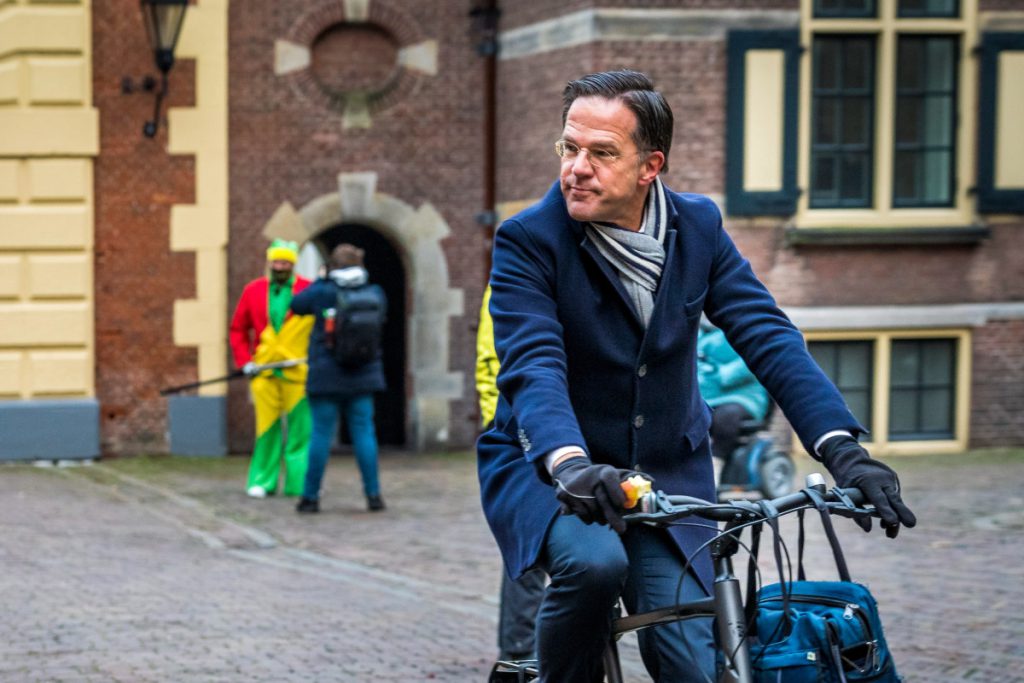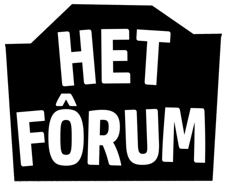With only a couple of days to go until the day of the elections, the 15th of March, I am finally writing a guide to the Provincial elections. This guide is intended for people who are a bit out of the loop in terms of politics and will otherwise be very confused at the election results viewing party at the Koornbeurs. (Be there!) Even though I have a clear political preference, I’ll try to be as politically neutral as possible.
By Mats
Have you already purchased your copy of the magnificent Diesfôrum? If not, do so here.
What’s happening?
It’s a tumultuous time for politics. A housing crisis, the war in Ukraine, the ever-increasing cost of living, nitrogen depositions, the list goes on and on. Luckily, elections are coming up. As Suusch has wonderfully explained in her articles, we get to vote on our waterschappen on the 15th of March, but WAIT. There’s more. AAAAA EVEN MORE? Yes.
At the same time, whether you live in Zuid-Holland, Noord-Brabant, or Gr*ningen (ew), you can vote for the Provinciale Staten. These are the people that govern stuff on a provincial level. Anything that’s too major for municipalities but too minor for our national government, is controlled by them. So topics like housing (in a broad sense), placement of big industrial sites, building renewable energy, nature, public transport, and much more.
What to some (including me) people is more interesting, however, is the fact that these elected politicians in turn elect the Dutch Senate. Traditionally thought of as a slightly less politically heated institution that would just determine whether laws passed by Parliament are feasible to implement, it now serves more and more as a sort of second parliament. This is easily seen when you notice political parties campaigning for issues that the Senate shouldn’t politicise. Whether you agree with this shift or not, it does cast a significant shadow over these provincial elections, both for voters and political parties.
What should I vote for?
That’s something I can’t help you with. Firstly because I’m honestly way too biased and secondly because there’s a shit ton to talk about. I do recommend doing the so-called stemwijzers, or voting tools, to assist you in your choice. Most parties have a summarised programme available on their websites. Here are a couple of voting tools to help you:
If you’re still uncertain after doing these or are doubting between a couple of parties, there’ll surely be a Koornbeurser to help you out.
What parties should I look out for on election night?
To me, the most fun part of elections is election night, when the results will be televised. Seeing normally formal people party their pants off and seeing others cope terribly, is amazing. If you’re international or, God forbid, not as politically involved as I am, you might be a bit confused when the flashy numbers start to appear on your screen of choice. (Hopefully the Koornbeurs beamer!) Since there are a ton of parties, I’ll go over the ones that seem the most interesting according to current polls. I’ll also look at the difference between their results in 2019 and the projected results. There are a few different polls out there, but I’ll base it on one published today by I&O Research:

PvdA/GL
For this Senate election, PvdA and GroenLinks (both social democrats) have joined forces and will form a joint group in our Senate. PvdA represented the working class quite well in the previous century, but governing together with the liberal VVD between 2012 and 2017 has diminished their influence in national politics. GroenLinks, originally a fusion between a couple of left-wing parties itself, hasn’t gained any real ground in the three decades they’ve existed for. This is why they’re marching together as comrades in an attempt to dethrone the VVD. Their campaign is mostly focused on social democratic themes, wanting to reform our current society into a fairer one. PvdA/GL has a pretty good shot at becoming the largest party in the Senate, but so does our next contender…


BBB (BoerBurgerBeweging)
BBB is a brand new party, having only existed for less than three years with only one seat in parliament, that has skyrocketed in popularity recently. Their popularity can be attributed for the most part to their radical stance on agriculture. Whereas the current government (of VVD, D66, CDA and CU by the way) is trying to reduce nitrogen emissions nationwide due to ecological concerns, BBB is trying to prevent this from happening to agriculture, which has made them very popular in rural provinces (as shown in the map) and attracts more voters than just farmers. BBB has been rather ambiguous as to their stance on the farmers’ protests that have popped up due to the nitrogen emissions crisis, however.
VVD

This (conservative) liberal party is currently, and has been for a while, the biggest party in parliament and also is the party of our dear prime minister Rutte. Approval of the current government is rather low and many blame VVD for turning the Netherlands increasingly more capitalist. Others admire their persistence and praise them for “taking responsibility” and acting in the many crises plaguing us.
Recently, their campaign has focused on preventing the status quo from changing and they often warn voters of the detrimental effects a social democrat victory would entail. Polls show the VVD and their coalition partners won’t do very well in these elections and that the coalition might have to resort to working together with centre-left PvdA/GL or centre-right BBB and JA21 to get legislation to pass through the senate.
FvD
This is one you might have heard of before. Even though it seems like they’ll only get two seats in senate, Thierry Baudet’s FvD is still very interesting to observe throughout the election night. They’ll lose the most seats by far as most of the countless voters in 2019 have abandoned the party due to typical far-right controversy. If you’re into seeing people cope badly, do keep an eye out for FvD and consorts.
Conclusion
I hope I’ve prepared you somewhat for the election results viewing night on Wednesday. Do feel free to ask any questions that still remain, politics has maybe been a bit of a sog-activity for me the past few years. Who will eventually “win” the elections is still a mystery, but it’ll be an interesting night no matter what. Now for my final advice:
Go. Fucking. Vote.
Mats
